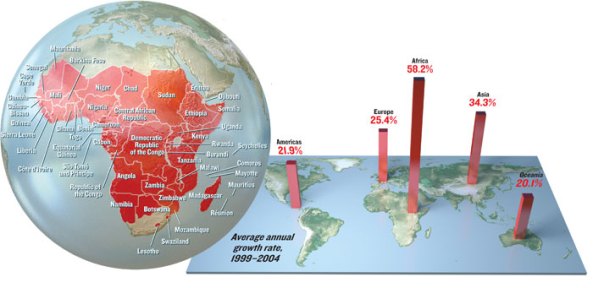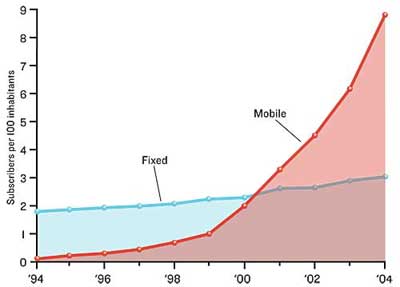For the past year I have considered what this power relation is between the self, and the happy self. Is the happy-self a memory or figment of one’s imagination? If so, then the proverb by Ingrid Bergman, “Happiness is good health and bad memory” is pretty apt.
What I semi-understand is that there is a socio-economic-political context to happiness. For the passage below, I’d like you to assume that happiness is dependent on the presence of Love. In latin, Love is the sine qua non (that without which) in Tigrinya, Love is mekeret hiwet (the taste of life) in Arabic, Chinese, Filipino, I’m sure love is something that contributes to a good life. So hopefully this is not a problematic assumption for most of us.
Socio-economic context.
Happiness requires the context of love. Love is a supreme motivator to live a good life. Self-love is integral to any loving relationship. However how one achieves self-love is the hardest question to answer given the socio-economic context to love. If love is a commodity and can be traded as such, then each transaction has some value, even if its only comparative or relational and not intrinsic. However, the problem is that love seems to be one of those ‘intangibles’ that does not mesh well or translate seamlessly into so-called productive values (such as thrift, competitiveness, efficiency, time-management). These values are so intrinsic to Western society (this is just a prima facie observation, not an ontological argument) that we do not recognize the deep rift in our souls between Western and Eastern values.
However, us diaspora youth do confront this schism daily. We see everyday that we have options to be this or that or another. There are no homogenous identities in this world, I realize that, but diaspora identities are even more fractured and psychologically disturbing in some ways. Strong economic transactions do not fare well in the midst of psychological turmoil/disturbance/turbulence. Just look at the high stress/risk factor on Wall St.
So what is the ‘value added’- so to speak- of loving in this context? How to love others in this context of transactional relationships? Please refer here to the Bible, Qu’ran, Torah, Bhagavad Gita, Buddhist Sutras, etc. if you prefer religious interpretations over the psycho-philosophical Helenistic interpretation I’m about to impart below. :Þ Please feel free to laugh because as a dear friend has told me, “laughing is the closest distance between two people”, and hence, you are loving me with your laughter. I love you too.
One source I draw on for inspiration every now and again is an excellent text by Dr. Erich Fromm (1956). I like to read in the washroom and I keep my watermarked copy of “The Art of Loving” in the carrel alongside my M.A.C. lipstick. That was for visuals.
ln The Art of Loving, Fromm postulates The Theory of Love. He notes Love as the Answer to the Problem of Human Existence. Yes, this presupposes that human existence is a problem but if you are going along with a secular interpretation this should not necessarily be hard to accept. (And even with the religious interpretation we see in the monothestic texts that since Adam and Eve, the world has been doomed to fail no matter how hard we try. The Hindu/Buddhist scriptures have less of this sense of human guilt embedded in their view but I don’t know nearly enough of it to talk about it without insulting people.)
Fromm also talks about The Objects of Love – Brotherly, Motherly, Erotic, Self-Love and Love of God. My favourite chapter is III Love and its Disintegration in contemporary Western Society. For the larger context of Fromm’s socio-psychology please refer to Wikipedia. There it describes in ironic information-age generalized detail, his overarching philosophical project, especially regarding his work in the book, “Escape for Freedom” (1941):
1. Relatedness – relationships with others, care, respect, knowledge;
2. Transcendence – creativity, develop a loving and interesting life;
3. Rootedness – feeling of belonging;
4. Sense of Identity – see ourselves as a unique person and part of a social group.
So how do we go down this itemized list and find the impetus to love one another when all four points seem like transactional values at best (Relatedness and a Sense of Identity are transactional in my view because we only gain relatedness and self-conscious identity when we are in the midst of others who will be willing to listen to us speak, watch us dance, and just be there – but then you have to go and listen to THEM speak, watch THEM dance, and just be there for them too which as we all know can be a pain in the ass too…) and contradictory values at worst (Transcendence and Rootedness speack to the tension of reaching out and doing your own thing while remaining connected to your roots.)
The problem with diaspora communities and love within and amongst them is that we never know which part of our fractured identity the other is using in the friendship. Is it solidarity seeking belonging, or the creative resistance to group-think seeking transcendence?
This leads to a transactional, pragmatic view to loving because I will only love you insofar as you love me to a certain extent. This is an unethical view in my eyes because it does not show the other that you have self-love emanating from a love of God or supreme being.
These leads us to the Political context.
The Political context of loving.
This is easy. Everyone wants to be loved more than they love. It’s the narcissistic, egoist impulse that we just can’t get away from. I don’t want to blame “Western” society for this because it just seems like a lazy argument but I will anyway because I think it’s a truism. Everything, including love, has been commodified, commercialized, bought, sold, and our hearts (am using this as a symbolism for our feelings)- in the midst of it all – have turned into a no-(wo)man’s land. Nowhere and everywhere at once we seek love.
In this situation what we do is equate love with power. I think politically it is easier to love what seems more powerful to us. Why love that which has been deemed unloveable? And even if we get over this question about “Why love”, the next question is HOW? How do we go on to love those objects, persons, stories, jobs, ideas, that have been deemed unloveable, undesireable, unprofitable, unproductive?
It is through resistance. Through resistance we find the impulse to love ourselves, one another, our nations, our histories, our lives. Love is the one thing that we can choose to give through our will, it is deep and inherent in each and every one of us. It is our own product in the world economy. We produce, manufacture and provide it with the help of God (spiritual, relgious interpretation) or an atom (scientological, atheistic interpretation).
You see in my view, the power to love one another is manifested by the power to resist the symbols that tell us not to. These are divisive symbols that are found mainly in bureaucratic institutions, but are not exclusive to them. Our hearts are also institutions deep within our being. We all have constitutions, by-laws, etc. and we are able to live by them with the sheer detemination of self-love principles through integrity or we can choose to pretend they don’t exist, living like anarchists – rebels without a pause.
I really like the idea of principled resistance. Let’s love in spite of the obstacles in our way. Let’s not be anarchic because what really is the difference between absolute power and the total abolishment of it? One is terror and so is the other.












